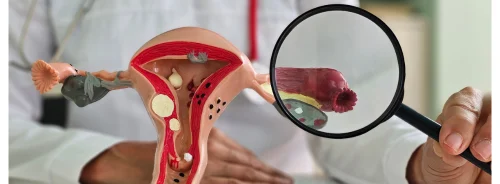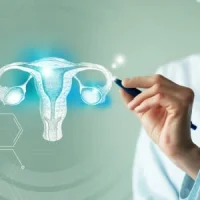A population-based study, involving 7778,306 women aged 50-69 years, assesses their risk of breast cancer after participating in at least one mammographic screening. Researchers compared the incident rates of women diagnosed with and without benign breast cancer.
Women involved in the study had taken part in a breast screening between 1996 and 2015 at one of the 20 participating screening centres in Spain, and subsequently followed up until 2017.
The results showed that within this time, a total of 17,827 women were diagnosed with a benign breast disease, whilst 11,708 of women had a breast cancer diagnosis.
The data found that among women with benign breast disease had a higher risk of breast cancer, with an adjusted rate ratio of 1.77 (RR = 1.77, 95% CI: 1.61 to 1.95), compared with women without benign breast disease.
The increased risk persisted for 20 years following diagnosis of benign breast disease- the risk affected women of all ages in the screening age range 50-69.
This study found the increased risk of breast cancer can continue over 20 years after diagnosis of benign breast disease. It is suggestive that benign breast disease provides a means of identifying women who may be high risk, and who therefore, have a long-term increased risk of breast cancer.
It reinforces the importance of using surveillance strategies for women with benign breast disease. Clinicians can then recommend high precision procedures such as contrast-enhanced mammography or MRI.
In conclusion, it is evident that women with benign breast disease are at higher risk than women without this disease. Therefore, clinicians can use this knowledge, alongside what is known about other risk factors, such as whether there is a family history of breast cancer, to provide more personalised screening strategies.
For more Women's Health news Click here
Source: International Journal of Environmental Research and Public Health
Image Credit: iStock
References:
Román M et al (2022). Long-Term Risk of Breast Cancer after Diagnosis of Benign Breast Disease by Screening Mammography. 19(5):2625






.png)




